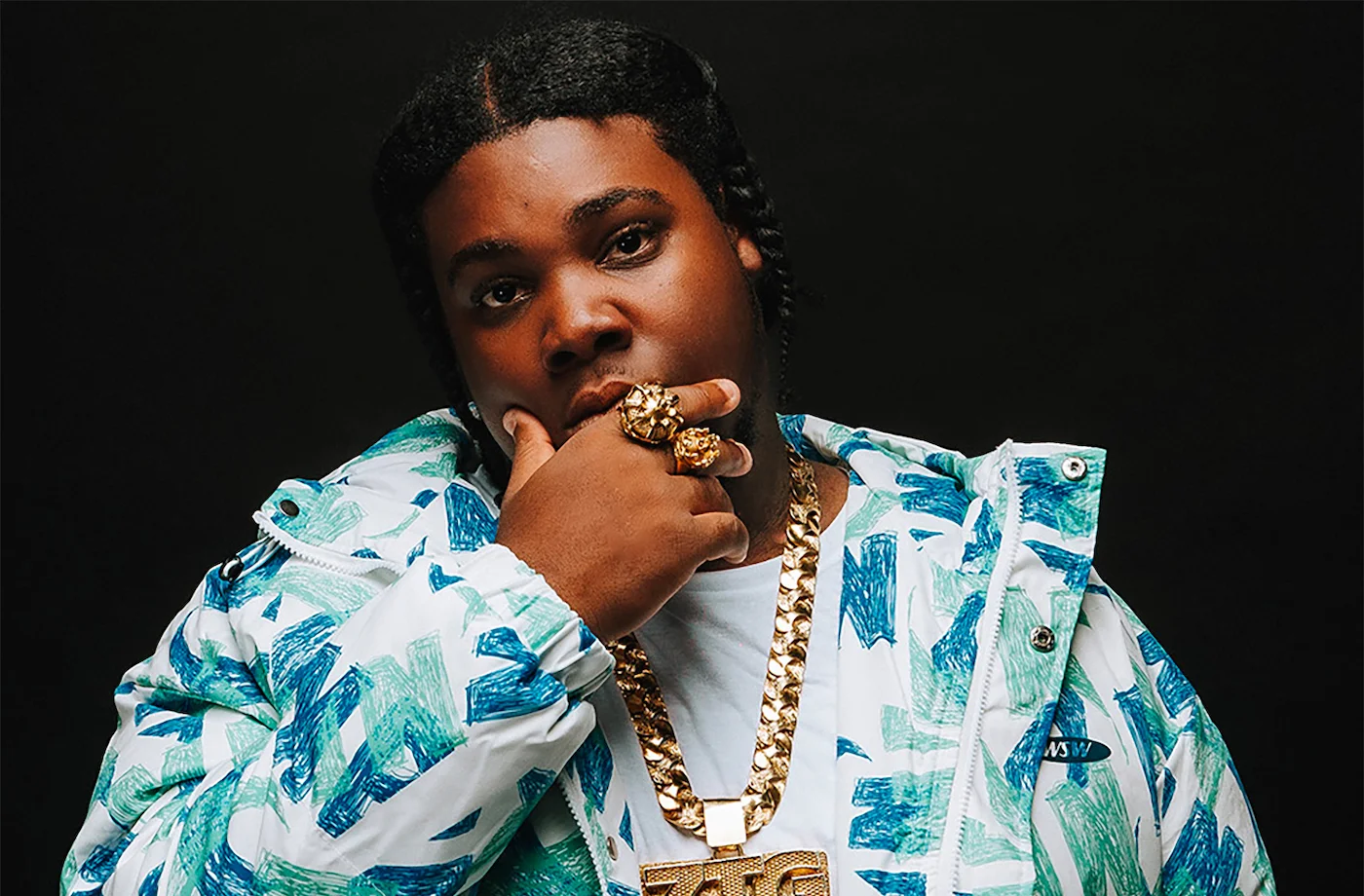Byron Messia has succumbed to the pressure to address his constant snubbing of dancehall music as a genre.
It has undoubtedly been a whirlwind year for St. Kitts and Nevis star Byron Messia, whose global hit “Talibans” catapulted him into the limelight and quickly ushered him to stardom. During that time, the self-proclaimed rapper disavowed his obvious influence from dancehall music while paying homage to Afrobeats and even rap music.
Most recently, Messia claimed to be a rapper based on the lifestyle he has been living since he became famous. Doubling down on his new title while saving face, the rapper released a new track titled “Dear Dancehall” that sees him setting the record straight about what he really means.
The song features numerous snippets from The Fix interview that began the whole debate in the first place as the “Talibans” hitmaker was quoted saying, “A nuh dancehall me do enuh, a rap me do enuh. Mi always consider myself as a rapper still. Me a nuh dancehall artist, me a rapper. The sound a wah make me a rapper.” As the song begins, Byron Messia immediately announces that he meant no offense and presents evidence of his love for the genre.
“Dear Dancehall, mi never mean fi offend nobody / So wah di f**k dem a talk bout ‘sorry’ / And a talk bout mi nuh rate nobody / When mi have a song wid Govi and Vali / And mi seh Dear Dancehall, yuh nuh see a wrong news dem a carry / Know mommy worry when she nuh hear from me / ‘Cause dem a get mi heart dark like tali,” the Kittitian deejay spits.
Elsewhere in the track, Messia said he’s been wanting to be a rapper since the ninth grade and likened himself to Rod Wave. He also gave a shout-out to his birthplace, Kingston, and revealed that he is originally from the infamous inner-city neighborhood of Grants Pen. In the end, he admitted that he was a dancehall artist living a rapper lifestyle and brushed off the claims that he was not giving dancehall its flowers.
“Me a dancehall artist yes / But me a live a rapper lifestyle / If yuh ask how far me a trod from / Mi tell yuh board and Nine Miles / Watch di cars we a damn drive / And mi have the matic pon standby / For the haters who waan mi damn die,” he raps.
The Kingston native also namedrops a ton of Caribbean artists, claiming he wants to do it bigger than Shaggy, Sean Paul, and even Rihanna. As the song wraps, another soundbite from the interview overlays the vocals once more as Byron explains, “Is just a fusion of the sounds from the rap world mix with the dancehall sound,” to which the interviewer agreed that this is the dancehall sound now, i.e., the trap dancehall era.
Does this track offer a newfound perspective on Byron Messia’s infamous media gaffes about dancehall as a genre? More importantly, does it redeem him in the eyes of the dancehall community?
